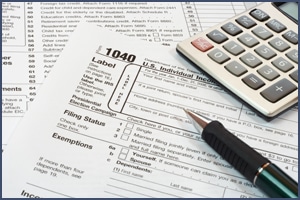Appeal Your Property Tax Bill
Anyone who wishes to appeal their property bill needs to first of all carefully read their real estate assessment. You can actually reduce your property tax bill and the best way to do that is to appeal the value that your home was assigned by the taxman. It’s this value that’s used for calculating the […]
Appeal Your Property Tax Bill Read More »




